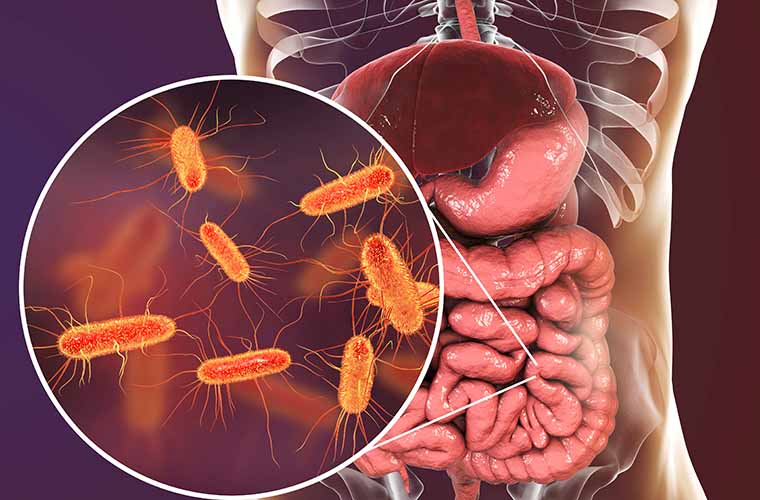Ways to Improve Gut Health

Gut health plays an important role in your health and wellbeing.
Statistics show about 70 million of Americans deal with digestive problems, impacting their overall health.
To help you improve your gut health, Dr. Jacquelyn Cawley, vice president of Population Health and chief medical officer for Ambulatory Care at BayCare, provides information on signs, symptoms and what you need to do to keep it healthy.
What is Gut Health?
Gut health also known as the “gut microbiome” is the foundation of the human health function. The gut microbiome consists of trillions of microorganisms living in the small and large intestines throughout the digestive tract. These microorganisms include bacteria, fungi, parasites and viruses.
In a healthy body, the good, healthy and potentially harmful microbes effortlessly coexist in your digestive or gastrointestinal (GI) tract, providing many health benefits including the prevention of some diseases. The smooth function of organs like the esophagus, stomach and intestines allow you to eat and digest food and absorb nutrients that fuel and maintain the body.
Symptoms
An imbalanced gut microbiome can disrupt your health, causing various digestive issues. Gut problems can trigger symptoms including abdominal pain, bloating, diarrhea, constipation, heartburn, nausea and vomiting. Gut issues often can occur from infectious illnesses, family genes, environment, stress, medications and diet.
Treatment
There are many steps you can take to improve your overall gut health. Dr. Cawley says lifestyle modifications such as reducing stress levels, improving sleep, changing diet, exercising, staying hydrated and taking probiotics can improve gut health.
Chronic stress can negatively impact your gut. To help ease stress, you can meditate, take deep breaths, take daily walks, laugh often and spend time with family, friends or pets.
Get good sleep. Not getting enough sleep can impact your gut and your overall productivity. Dr. Cawley recommends getting at least seven to eight hours of uninterrupted sleep every night.
Exercise daily. Regular exercise not only helps maintain a healthy body weight, but also improve your digestive system. Regular walking, dancing, swimming, biking or simply taking the stairs can make a huge difference in your gut health.
Improve your diet. A balanced diet is crucial to maintaining a healthy gut microbiome. Dr. Cawley says processed foods, and foods containing high fats and refined sugars can damage the good bacteria living in your gut. To keep your gut healthy, focus on high fiber foods like legumes, vegetables, whole grains, fish, fruit and nuts. It’s also important to eat slow, smaller meals and limit food intake after dark.
Take probiotics. Talk to your doctor about taking probiotics, an over-the-counter supplemental containing healthy bacteria. Probiotics can help improve digestion, the immune system and reduce irritable bowel symptoms.
Get Tested
If your symptoms persist, Dr. Cawley recommends talking to you doctor about getting tested. They can refer you to a gastroenterologist who can test for specific conditions and understand issues related to your gut microbiome.
To schedule an appointment with a physician, visit BayCareMedicalGroup.org.
